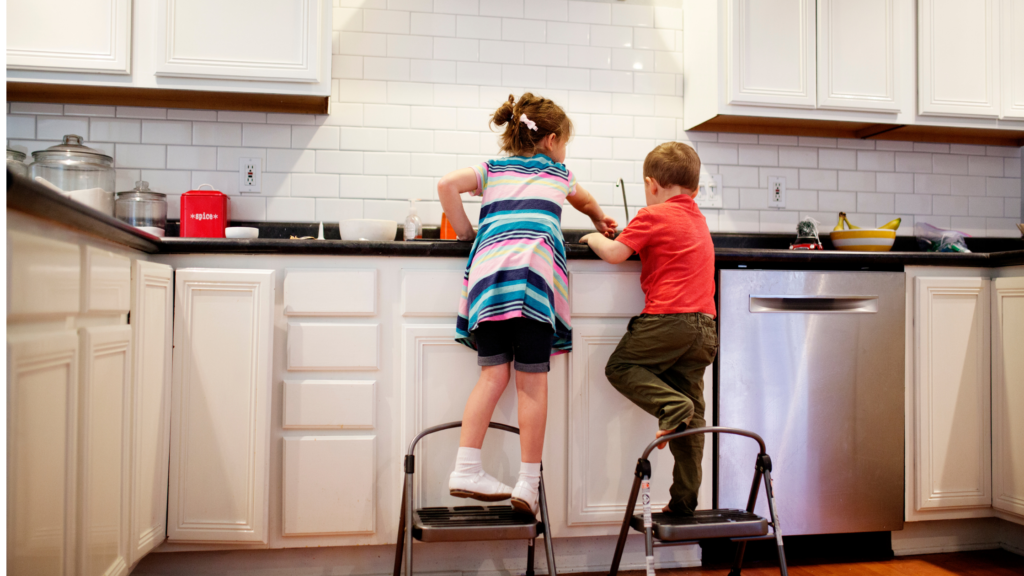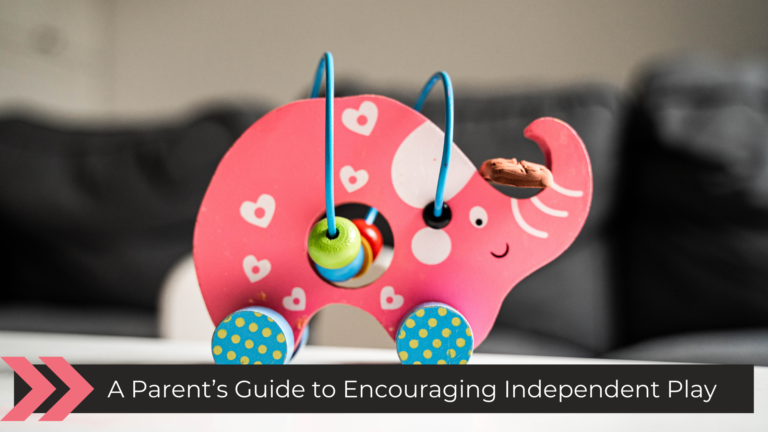A Parent’s Guide To Calming Household Chaos
Considering how much noise, mess, and time pressures kids create, you’d think they actually thrive on disorder. However, too much chaos can affect their physical and emotional development.
Numerous studies have found that children growing up in chaotic households tend to have lower grades, less self-control, and poorer health. Contributing factors include excess noise, lack of family routines, overcrowding, and general disorganization. If you think your home could use more harmony, take a look at these ideas.

Suggestions for Dealing with Excess Noise
Research suggests that the two biggest negative influences on toddlers were having the TV on much of the day, along with the absence of family routines. Try lowering the volume in your house.
- Designate quiet hours. Set aside time for reading and other quiet activities free from electronics, music, and loud conversations. Go a step further and leave the TV off round the clock unless you plan to watch a specific program.
- Lower your voice. Try to catch yourself raising your voice or interrupting each other. Make an effort to speak softly.
- Listen carefully. It’s easier to pay attention to each other when it’s quiet. Encourage your child to share their feelings and concerns.

Suggestions for Creating Family Routines
Children need consistency to feel secure. Planning ahead also helps you to save time and stay on track.
- Set regular bedtimes. Enforce age-appropriate bedtimes that encourage healthy sleep habits. Change into pajamas, dim the lights, and read stories to prepare for sleep.
- Eat together. Kids with regular mealtimes perform better in school and consume more vegetables. The dinner hour also gives you a chance for extended conversations and closer relationships.
- Hold family meetings. Use weekly meetings to continue communications and bonding. Stay positive and include each family member in the discussion. Remember to put some fun items on the agenda like eating ice cream or planning vacations.

More Ideas
Once you tackle the main household issues, you may want to pursue even more structure and calm. Consider these strategies.
- Review your parenting style. Some studies found harsher discipline and less supportive parenting in chaotic households. While there are plenty of exceptions, it’s a good reminder to hug your kids today and tell them when they do something that makes you proud.
- Provide learning materials. Books and creative play help fight disorder. Visit your local library or conduct simple science experiments at home.
- Rest and relax. Show your kids how to manage stress. Meditate briefly each day and take a walk after dinner. Listen to soft music or practice deep breathing exercises.
- Tidy up. Your physical environment can produce anxiety or soothe your senses. Reduce clutter by selling or giving away unwanted items. Focus on buying less stuff and designing attractive storage solutions for the possessions you want to keep.
- Pull together. Give each family member a part to play in transforming your household. Small children may want to put away their toys while teens can bring you up to date on apps for managing your time and tasks.
- Set priorities. Of course, there’s bound to be some confusion when you’re living with children. Pick one or two areas at a time where you want to become more organized. Pay attention to what your family does well and evaluate your progress.
Turning off the TV and creating enriching family rituals will go a long way towards providing the nourishing and stable environment your children need. Tame the chaos at home to enjoy more happiness and help your children succeed in life.






